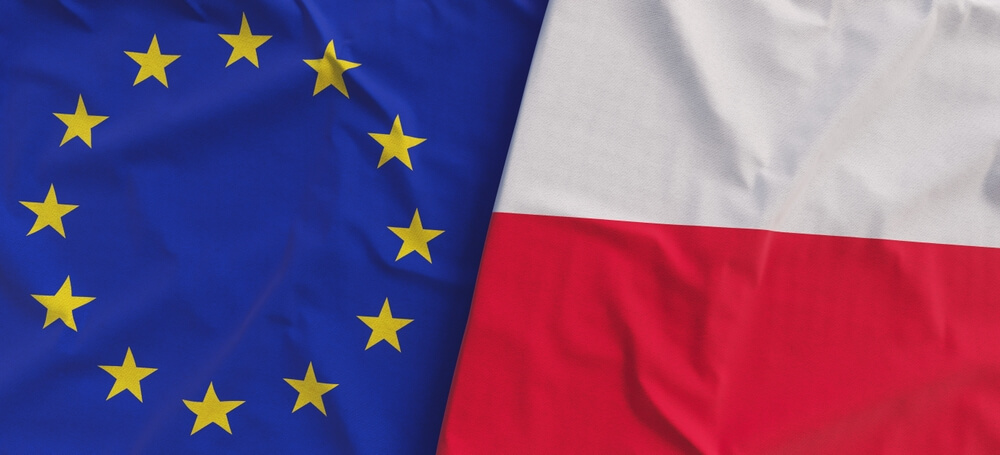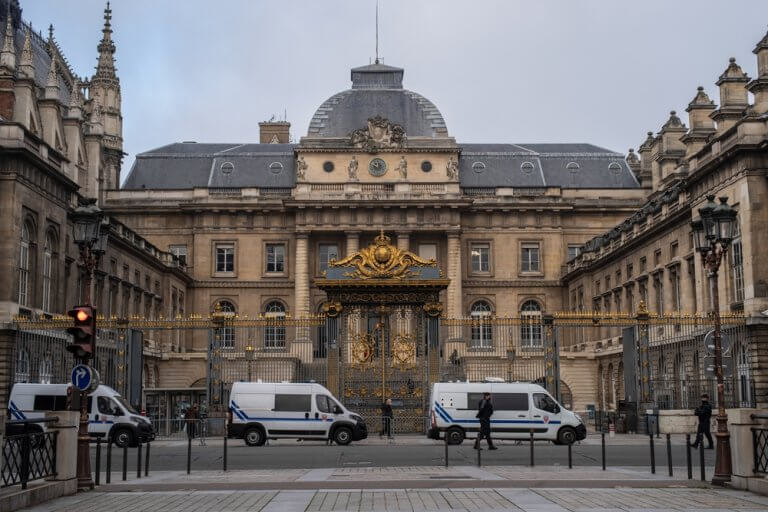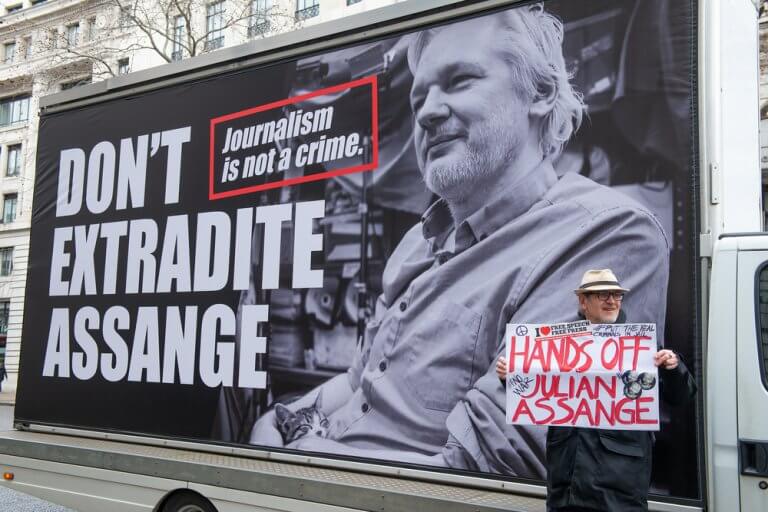
Environmental catastrophe on the Oder river: two polarized versions of events and one “sad truth”
In early August, a serious and high-profile ecological disaster occurred on the Oder river, as a result of which the Polish “side” of this waterway suffered the most. For an unknown reason, there was a mass death of fish, beavers and other wildlife, which caused severe damage to the environment and posed a health risk to thousands of people. The Oder forms a basin of 119 074 km2, which is shaped not only in Poland, but also in Germany and in Czech Republic. The damage threatened the ecology of these countries, and logically they should work together to identify the cause and remedy the consequences of the disaster as soon as possible. But in reality, the ecological disaster has become just a pretext for an unprincipled and obvious information war. Behind the statements of officials and publications in the media it is easy to perceive the interests of certain pressure groups.
In this confrontation, the Polish opposition and Germany wanted to lay the blame for the accident on the government of the ruling Law and Justice party of Poland, proving that they were trying to hide the man-made nature of the accident in order to cover up the industrial business loyal to them. Germany has been irritated for a long time by the willfulness of Jarosław Kaczyński, and the traditional thesis that the Polish conservatives are mired in nepotism and corruption. The main opposition party of Poland, the Civic Platform, headed by Donald Tusk, joined in popularizing it. Their tools, in addition to the German media united in their view of events, were the resources of the Agora media holding, such as Gazeta.pl and Gazeta Wyborcza. Its owner Adam Michnik is known for his firm disapproval against Jarosław Kaczyński.

In response to this information attack, the government denied any involvement in environmental problems on the Oder and in a “man-made” disaster. To promote this version of events, state resources were mobilized on Polish television and radio, as well as some conservative online media such as Rzeczpospolita and Niezalezna. The official position of Poland initially was that the catastrophe had rather a natural cause: the Minister of Climate and Environment of Poland, Anna Moskwa, said that a massive fish die-off was caused by the appearance of peculiar golden microorganisms in the water, which are definitely not harmful for humans. But Germany hinted that the real cause was most likely industrial emissions into the river, which the Polish government does not yet want to acknowledge. To fuel suspicions, a representative of the German Environment Ministry said at a briefing in Berlin that Poland had not reported the natural disaster on the Oder for two weeks. The hysteria was also whipped up by the Polish opposition, which announced a reward of about $ 220,000 for helping to find the responsibles for the poisoning of the river.
Under such pressure, the Polish government had to make “informational concessions” admitting that not only an “evil bacteria” were responsible for the accident. As early as August 12, the head of the main inspectorate for environmental protection in Poland, Michał Mistrzak, and the head of state water holding “Polish Waters” (Wody Polskie) , Przemysław Daca, were dismissed since they, as officials, did not control the situation. But at the time, there was no acknowledgement that industrial enterprises had poisoned the Oder, although polish Prime Minister Mateusz Morawiecki was already cautiously suggesting that the river might have been polluted deliberately. Sensing the slackness of their opponents, the Germans had already declared with full confidence that the Polish side was responsible for the ecological disaster on the Oder river. According to them, the mesitylene and mercury which polluted the river were of Polish origin, although they could not yet explain exactly why. In their opinion, only one thing was sure: the ecological disaster could have threatened the entire Baltic region. Later, Kaczyński’s detractors even suggested that the Bumar-Łabędy arms manufacturer was to blame for the accident.
The authorities had to be cunning, and Anna Moskwa said on August 16 that the cause of the pollution was not clear and there were three versions: in addition to “natural” algae and an “evil” chemical factory, a purposeful provocation was added to the list. Apparently, this was a hint at the enemies of Poland and “German agents of the EU”. Against the backdrop of the not-so-successful constant change of versions, it was decided to follow the good old-fashioned populism, and to stir up hate to liberals from Germany and the EU who do not wish Poles well. It was a great way to shift the focus of public attention. The general secretary of the ruling Law and Justice party Krzysztof Sobolewski threatened that “if you continue to back us into a corner, we will be forced to respond with all the arsenal at our disposal”. This obviously meant Germany and the authorities of the European Union. Adam Glapinski, the current President of the National Bank of Poland, generally said that Germany wants to “in one way or another return” its former lands within the borders of Poland. Marcin Przydacz, Deputy Minister of Foreign Affairs of Poland, hit where it hurts and criticized German Chancellor Olaf Scholz for his unwillingness to support the refusal of visas for Russian citizens. In the wake of these mutual media attacks, it is hard to understand what exactly happened on the Oder. One thing is certain: instead of fighting for ecology and cleanliness of the river, all interested parties will continue to have it out with each other, and the media in turn, will be looking for someone to blame.

